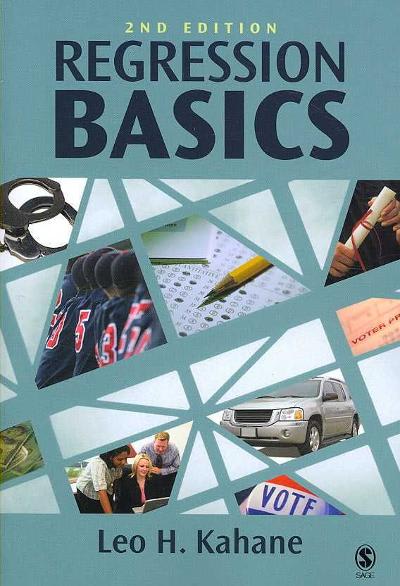Question
All special educators who teach secondary students will be required to create transition plans that are meaningful and appropriate for the student. Transition plans go
All special educators who teach secondary students will be required to create transition plans that are meaningful and appropriate for the student. Transition plans go one step further than the IEP by adding specific goals and services that will help the student be successful after graduation in future education and training, in the community, and/or in the work force. Being able to write an effective transition plan is a legal requirement for high school special education teachers.
In addition, IDEA requires that IEP teams conduct ongoing, varying transition assessments to collect relevant, meaningful data on a student's interests, preferences, skills, and abilities. These assessments help to write the student's post-secondary goals that will inevitably drive the transition plan. One valuable assessment tool that can be used for students with mild or moderate disabilities is a student interview.
Interview inclusive classroom with students Grades 6-12. Create a student interview that could use at a school and within the special education department to work with students on transition.
The student interview should be a minimum of 12-15 questions, and must include questions related to, but not limited to:
- Student interests and preferences - These questions should target both interests and preferences in the high school setting and outside of school. Consider questions that address their favorite classes, extracurricular involvement, social opportunities, and independent recreation time.
- Student career choice - The question should allow for multiple career choices as well as explanations of why.
- Any work or volunteer experience.
- Independent living skills - Cooking, cleaning, hygiene, transportation.
- Student's environmental preferences - Do they have an indoor or outdoor preference, crowds of people, smell or sound sensitivities?
- Technology use - Student's ability and preferences when utilizing technology for socialization and daily living.
implementing the survey interview with one student, a group of students, or a classroom of students. This may be an official assessment tool to assist the mentor in completing the transition component of the student's IEP. Review the responses from one student and a mentor on how the responses align with that student's transition plan. discuss with your mentor how possible responses may affect the development of a student's transition plan.
How were the interview questions appropriate for the grade selected? How did incorporate feedback from your mentor when developing your interview questions? Describe how the interview may be more insightful than other forms of assessments for creating the transition component of the IEP. How could you extend this interview into an instructional lesson? Furthermore, how could you help support the student to feel confident in sharing their transition goals in the IEP and why should this be a goal to help the student obtain?
Support your reflection with a minimum of two scholarly resources.
Step by Step Solution
There are 3 Steps involved in it
Step: 1

Get Instant Access to Expert-Tailored Solutions
See step-by-step solutions with expert insights and AI powered tools for academic success
Step: 2

Step: 3

Ace Your Homework with AI
Get the answers you need in no time with our AI-driven, step-by-step assistance
Get Started


